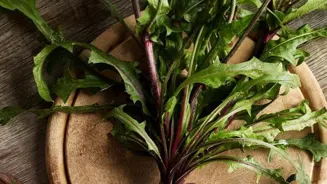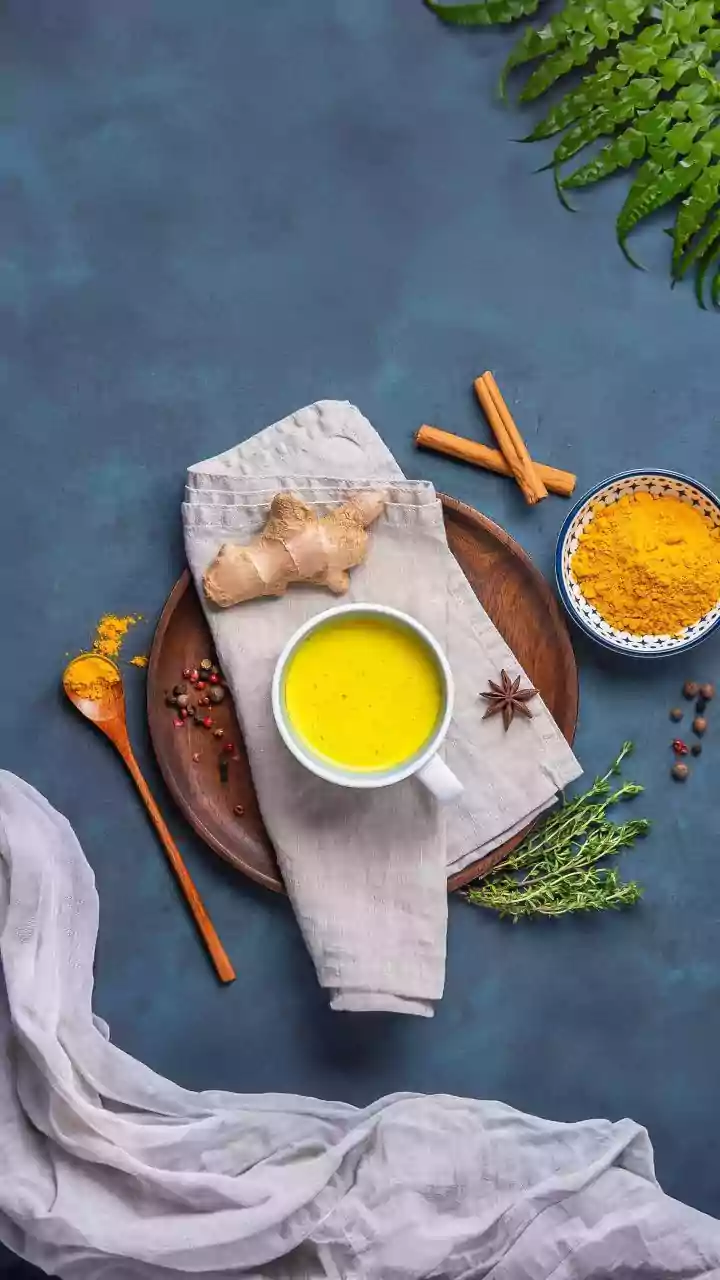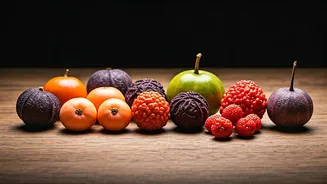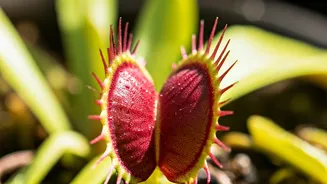Discover the healing power of herbs in modern India! Learn about 7 medicinal plants for your diet. Boost immunity and wellness
In the bustling landscape of modern India, where traditions meet technology,
there's a growing awareness of our roots – particularly when it comes to health. Forget expensive supplements and complicated diets; sometimes, the best remedies are found growing right in our own backyard.
Traditional Indian medicine, like Ayurveda, has long celebrated the power of herbs. These aren't just flavorful additions to your favorite dishes; they're potent medicinal plants packed with nutrients and healing properties.
Let's explore seven such herbs that you should seriously consider adding to your daily diet. They can boost your immunity, improve digestion, and overall wellbeing.
Tulsi (Holy Basil): The Queen of Herbs
Tulsi, also known as Holy Basil, is revered in India for its religious significance and its impressive medicinal properties. This herb is more than just a plant; it's a symbol of purity and protection. Tulsi is a well-known adaptogen, which means it helps the body cope with stress.
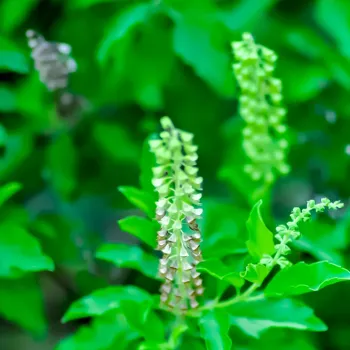
It's also rich in antioxidants, which fight damage from free radicals. Regularly consuming tulsi can boost your immunity, protect against infections, and even improve your mood. The best ways to include tulsi in your diet are through tulsi tea. For this simmer a few tulsi leaves in water.
You can also add it to soups or salads for a unique flavor. You will feel refreshed and stress levels will come down when you consume Tulsi daily.
Ashwagandha: The Strength of a Horse
Ashwagandha, also called Indian ginseng, is another powerful adaptogen. Its name literally translates to "strength of a horse" because it's believed to impart vitality and stamina. It is an ancient medicinal herb with multiple health benefits.
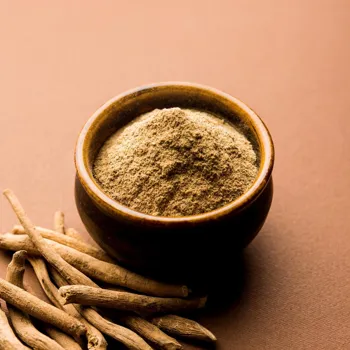
This herb is known for its ability to reduce stress and anxiety. Ashwagandha helps in rejuvenating the body. It can also enhance muscle strength and improve sleep quality. It does this by helping to regulate the body's stress response, leading to a sense of calm and well-being.
You can find ashwagandha in powder, capsule, or liquid extract form. It blends well into smoothies, milk, or even plain water. Add it to your diet for a natural and effective way to combat stress and boost your energy levels.
Ginger: The Universal Healer
Ginger is a common spice found in most Indian kitchens, but it's much more than just a flavoring agent. It's a powerful anti-inflammatory and antioxidant. Ginger helps to relieve nausea and indigestion. It can prevent digestive issues. It also boosts the immune system.
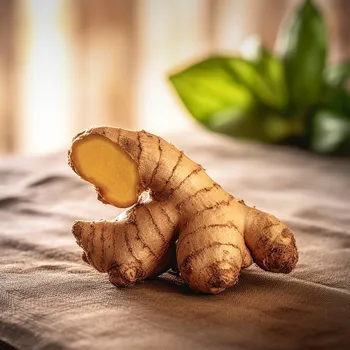
Adding ginger to your diet can ease muscle pain and soreness. Make ginger tea by steeping slices in hot water or add grated ginger to curries, stir-fries, and soups. A small piece of ginger can also be chewed to ease motion sickness.
It’s a versatile and readily available herb with a wide range of health benefits. The best part is that it can be used in multiple ways.
Turmeric: The Golden Spice
Turmeric, with its vibrant yellow color, is a staple in Indian cooking for its flavor and numerous health benefits. The key compound in turmeric is curcumin, which has potent anti-inflammatory and antioxidant properties.
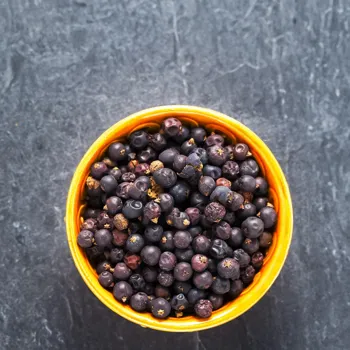
Turmeric is good for the heart and its powerful antioxidant properties can help improve skin. It also supports brain function and can protect against age-related cognitive decline. Curcumin is best absorbed when consumed with black pepper. Combining turmeric with black pepper is good.
Use turmeric in curries, soups, and rice dishes. You can also mix it with milk to make "haldi doodh," a traditional remedy for colds and coughs.
Brahmi: The Brain Booster
Brahmi is known for its cognitive-enhancing properties. Traditional medicine has used it to improve memory, concentration, and learning. This herb acts as a brain tonic, enhancing mental clarity and focus. It also has calming properties and can help reduce anxiety and promote relaxation.
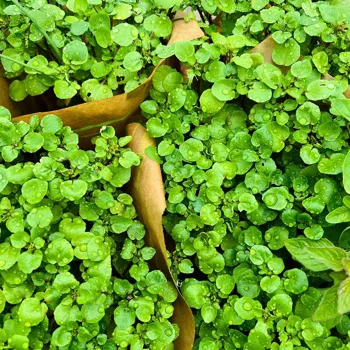
Brahmi is available in powder, capsule, and oil form. Brahmi oil can be for scalp massage. You can add Brahmi powder to smoothies, juices, or warm water. As a brain booster, Brahmi can enhance mental prowess and reduce stress. Daily use of Brahmi is good to improve memory and concentration.
Neem: The Bitter Protector
Neem is known for its antibacterial, antifungal, and antiviral properties. People traditionally use Neem in skincare and to purify the blood. The herb has proven to be effective in treating skin conditions, such as acne, eczema, and infections.
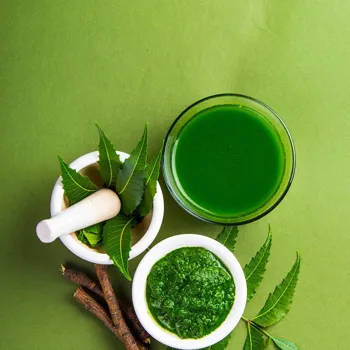
Neem is also believed to boost the immune system by removing toxins from the body. It is a purifier. You can take neem capsules or drink neem juice regularly. Alternatively, apply neem paste topically to skin problems.
Though it has a bitter taste, neem's health benefits make it a valuable addition to your wellness routine. It boosts the immune system and protects against skin infections.
Mint (Pudina): The Refreshing Digestive Aid
Mint, or Pudina as it's commonly known in India, is a refreshing herb with a wide array of health benefits. It aids digestion by stimulating digestive enzymes, relieve bloating and gas, and soothe upset stomachs. Mint also helps freshen breath and reduces stress and anxiety.
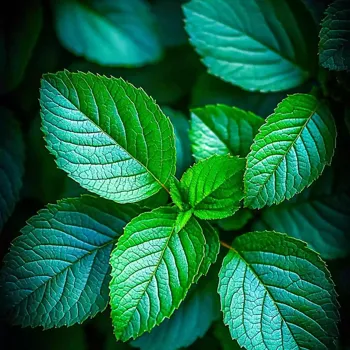
Enjoy mint by adding it to chutneys, raitas, and salads. You can also brew mint tea or add mint leaves to beverages like lemonade or iced tea. Mint's refreshing flavor and digestive benefits make it an excellent and versatile addition to your diet.
Not only that, it has properties to keep your mouth feeling fresh and clean. So start adding mint to your daily routine for benefits.
AI Generated Content. Glance/InMobi shall have no liability for the content